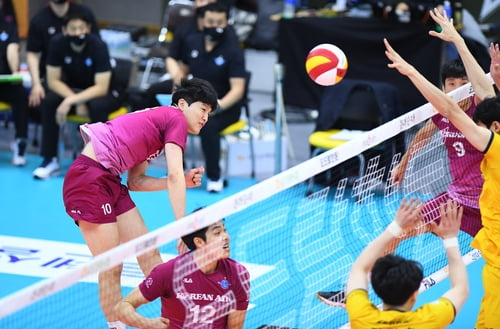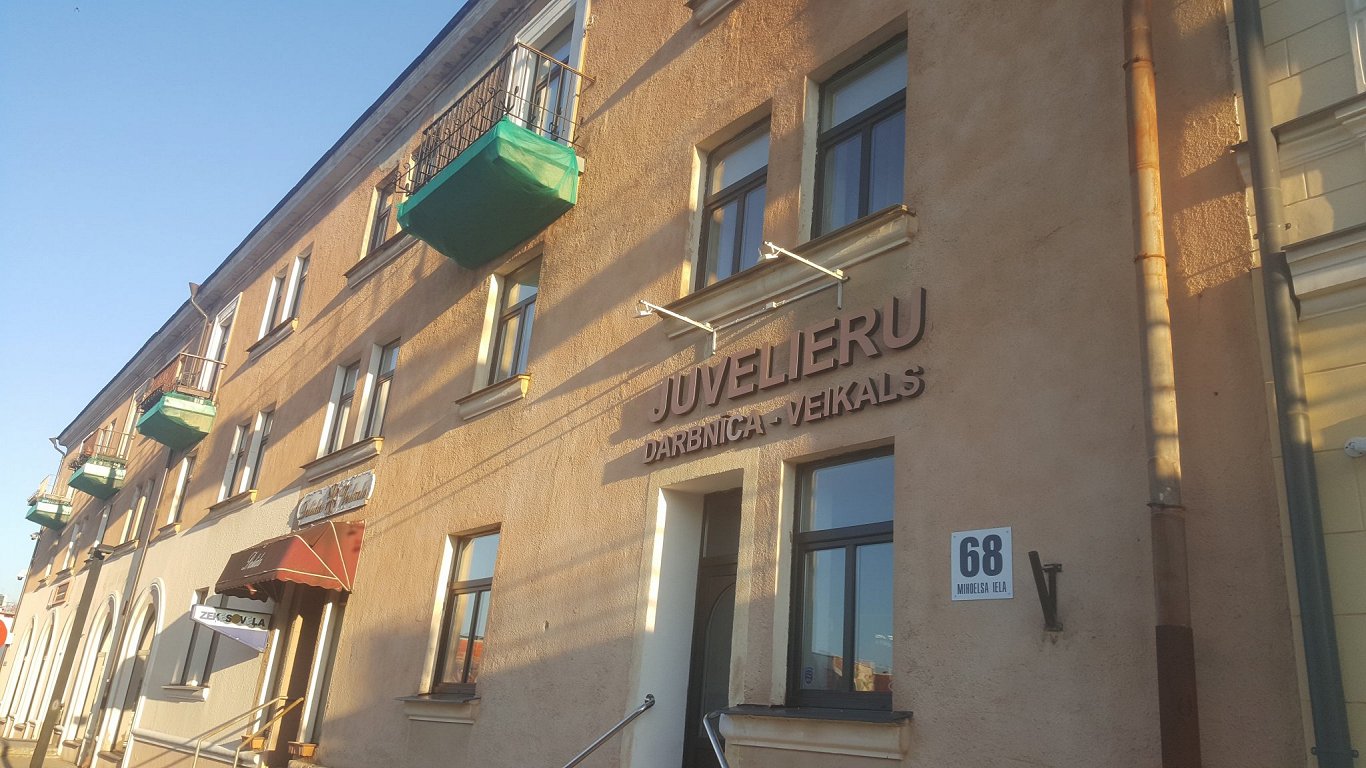– –
“In the practices is where I begin to attend to pregnant people who approach a guard with an abortion in progress and stating that they had used techniques not recommended as safe, exposing their health, and that was a great kick to advance along the path that we drink later “, indicates.
The joint work since 2012 with the network of lifeguards in Rosario, learning about the use of misoprostol and the formation of a joint network of accompaniment to women and pregnant people in the city reinforced this path that became the militancy for the right to decide and for access to sexual, reproductive and non-reproductive health. And to which the training in Mexico was added later.
Back to college
The project of the chair at the Faculty of Medicine took it – since its approval in 2017 – back to the corridors of the Santa Fe and Francia building, where it has been taught with the elective modality since then and where it is also now part of the Gender Secretariat.
From that space they seek to advance in the inclusion of the chair in the compulsory curriculum, but even facing the difficulties of the pandemic year, he also fights for mainstream the gender perspective in all content.
This year the teaching of courses was launched for all careers that incorporate not only abortion, but also sexual, reproductive and non-reproductive health, care for the LGBTIQ + population to monitor transitions, and a specific course in the framework of the Micaela Law.
Steps that are added along the way of collective projects, those that necessarily for Paula are woven into a network especially when talking about health. “As Débora Ferrandini taught us”, Synthesizes it.
This article is part of the series “Abortion: 15 years, 15 voices” published by the newspaper The capital within the framework of the 15 years of the articulation of the National Campaign for the Right to Legal, Safe and Free Abortion, and in the current scenario of debate in the National Congress of the bills for the Voluntary Interruption of Pregnancy ( IVE).
–


